 |
 |
 |
|---|
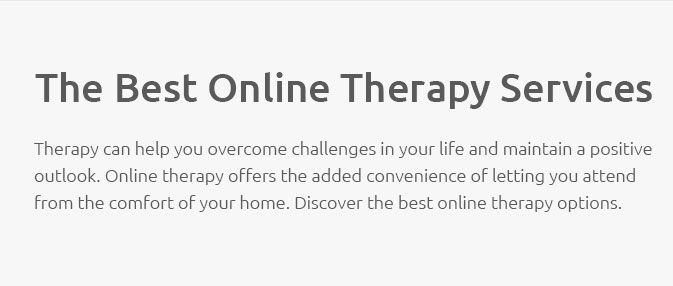 |
 |
|---|
 |
|
|---|---|
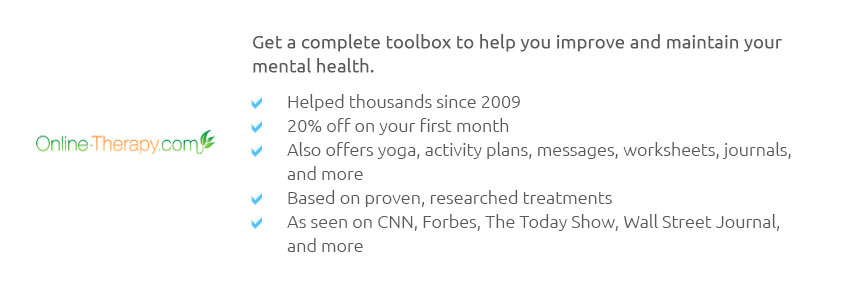 |
 |
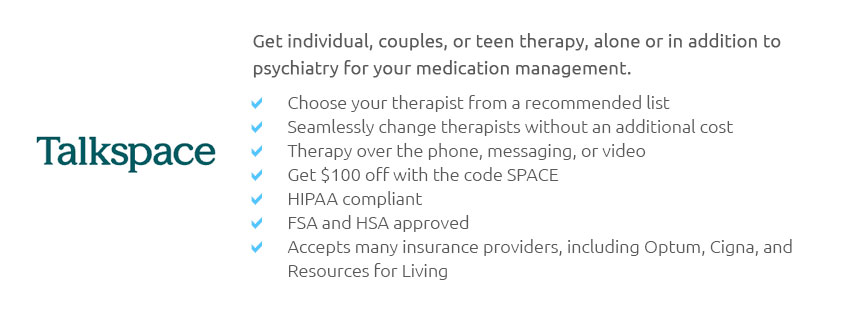 |
 |
 |
 |
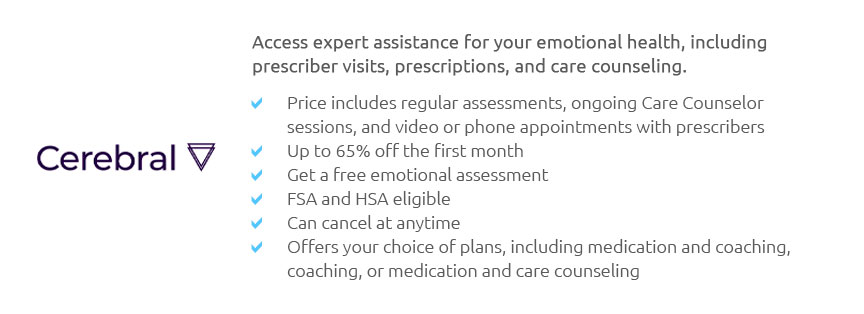 |
 |
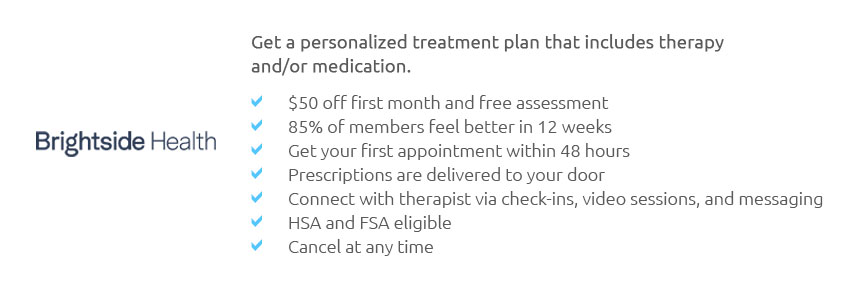 |
 |
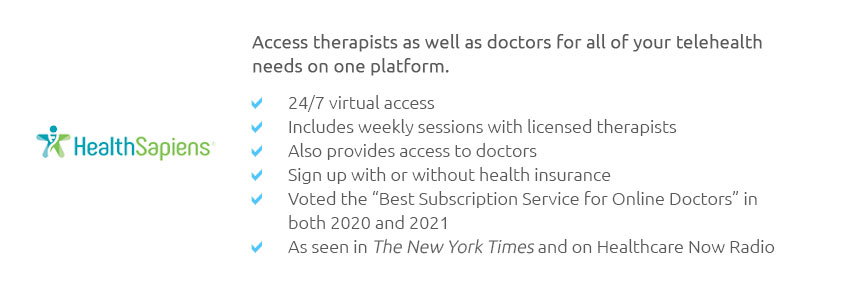 |
 |
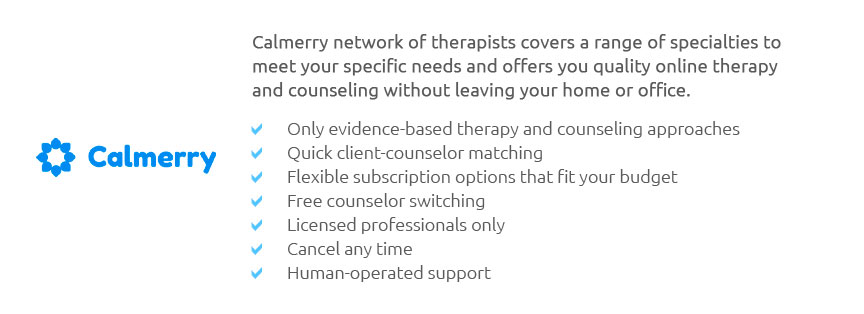 |
 |
 |
 |
|---|
How to Become a Therapist Online: A Comprehensive GuideEmbarking on the journey to become a therapist online can be both rewarding and challenging. With the right guidance and resources, you can successfully transition into this fulfilling career. In this guide, we will explore the steps you need to take, highlight common mistakes to avoid, and provide additional resources for your journey. Understanding the BasicsBefore diving into the online world of therapy, it's important to understand what being a therapist entails. Therapists help individuals deal with various personal issues, offering support and guidance through counseling. Education and LicensingTo become a therapist, you must first obtain the necessary education and licensing. This typically involves:
Choosing the Right SpecializationTherapists can specialize in various areas such as marriage counseling, addiction therapy, or child psychology. Consider your interests and the demand in your area. Setting Up Your Online PracticeOnce you've obtained the necessary qualifications, setting up an online practice is the next step. This involves several critical components: Creating a Professional WebsiteYour website should include your credentials, services offered, and contact information. Make sure it's user-friendly and accessible. For example, if you are practicing in Chelmsford, you might want to include a local resource like therapist chelmsford ma on your site to attract potential clients. Choosing the Right PlatformSelect a secure and reliable platform for conducting online sessions. Popular choices include Zoom, Doxy.me, and SimplePractice. Building Your Client BaseMarketing is key to building a successful online therapy practice. Here are some strategies:
Additionally, consider partnering with local services like low cost therapy dc to expand your reach and credibility. Common Mistakes to AvoidAs you build your practice, be aware of common pitfalls:
FAQWhat qualifications are required to become an online therapist?To become an online therapist, you need at least a master's degree in a relevant field and state-specific licensure. How can I find clients for my online therapy practice?Building a client base involves networking, social media marketing, and offering free consultations to attract new clients. What are the best platforms for online therapy sessions?Popular platforms include Zoom, Doxy.me, and SimplePractice, chosen for their security and reliability. https://www.reddit.com/r/psychologystudents/comments/wwq736/usa_online_ba_to_become_a_therapist/
I want to work as a licensed therapist so I've decided to pursue an online BA and then get a Master's degree. I also work as a life coach and enjoy what I do. https://www.quora.com/What-is-the-process-of-becoming-an-online-counselor-Are-there-any-specific-degrees-or-training-courses-required
In some states, you can become licensed with a Master's degree in Psychology or a similar subject. One needs to read the fine print available ... https://www.nu.edu/blog/how-to-be-online-therapist/
This guide will walk you through key points about how to become a teletherapist in California, including what a remote therapist does, how long it takes to ...
|
|---|